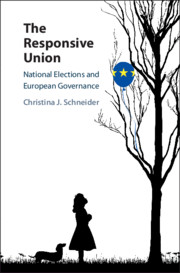This article examines debates on the decentralization of the League of Nations that took place in the civil society networks surrounding it. Set in the wider framework of regionalist debates, particularly in Latin America, it focuses on two organizations, the International Federation of League of Nations Societies, which promoted the League, and the Comité Fédéral de Coopération Européenne, which focused on European cooperation. The analysis of the debate on regionalism and universalism highlights the role that Europe played in the League, and points to the use of universalist arguments to further British imperial ends. It shows that interwar internationalism was a multifaceted phenomenon, in which national, imperial, regional, and universal projects and concerns were profoundly entangled. Finally, the article stresses the overlap between official and civil society networks, which complemented each other's activities.
